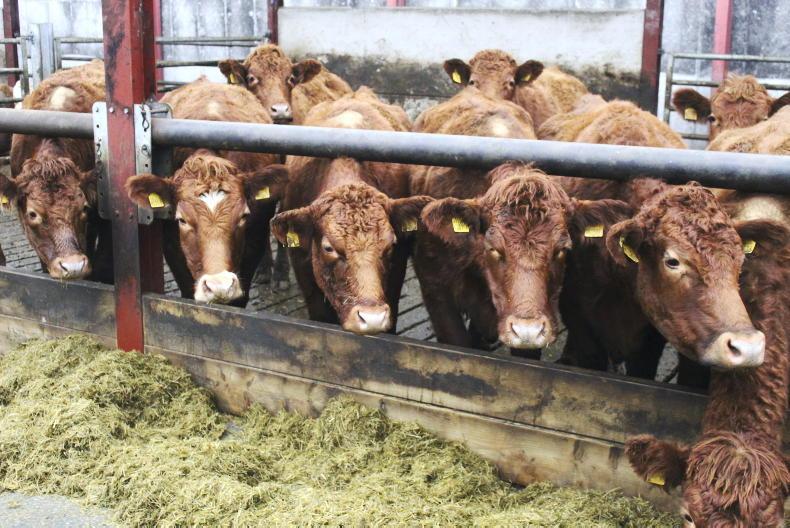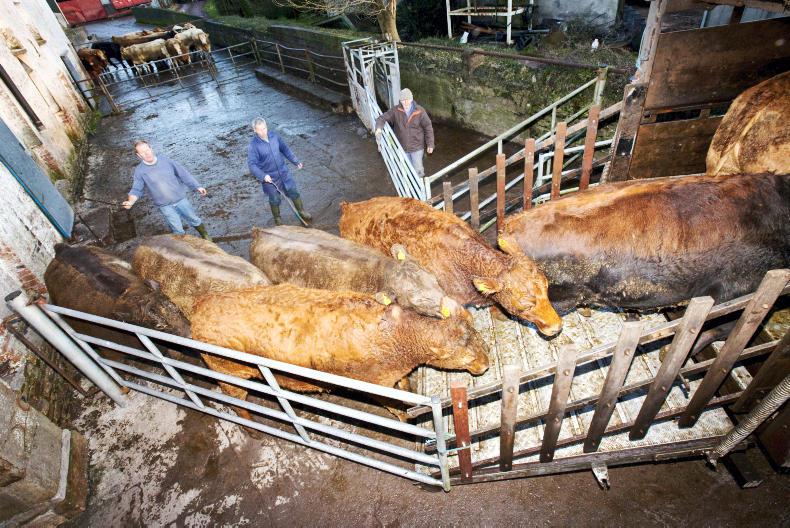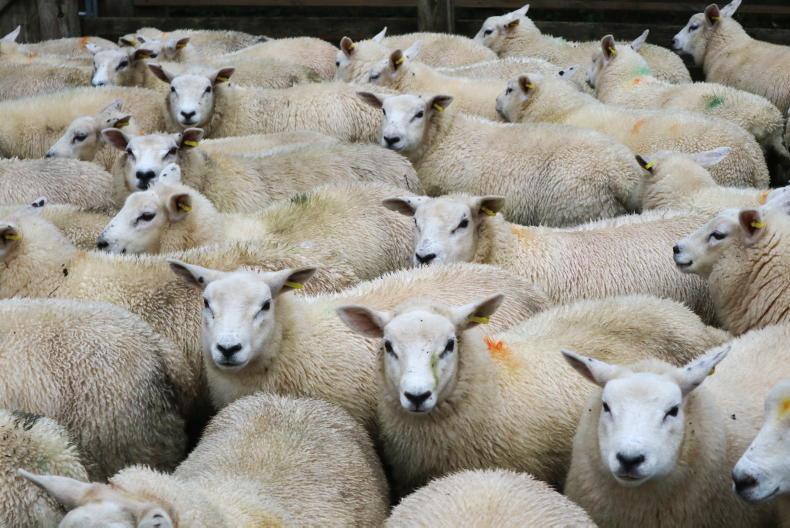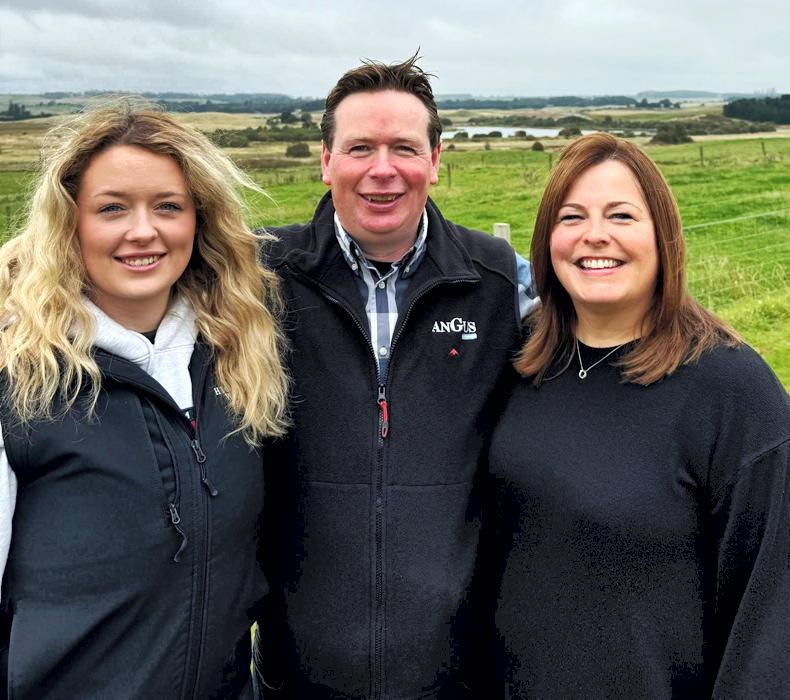The chief executive of the National Beef Association (NBA), Neil Shand, has said the UK beef industry is at a crossroads and either needs to step up and deliver more products or accept that imports will be required to fill empty spaces on supermarket shelves.
Writing in the weekly NBA newsletter, Shand pointed to a recent analysis from Quality Meat Scotland (QMS) which suggests the UK will need to produce an extra 100,000t of beef by 2030 just to maintain current self-sufficiency levels.
“At existing efficiency levels, that necessitates an increase in suckler cow numbers by around 300,000” said Shand.
However, in recent years, UK cattle numbers have been in slow decline, mainly driven by a reduction in the number of suckler cows. Between December 2020 and December 2024, UK dairy cow numbers have been relatively stable at around 1.86m, but suckler cow numbers have dropped from 1.45m to 1.28m.
Imports
“The UK herd is in decline, and unless we change something quickly - the reality of increasing numbers of imports is approaching at speed,” said Shand.
He said the “ultimate challenge” for both the industry and retailers is when those supermarkets which exclusively stock UK beef are no longer able to source enough product. He suggested it is not as simple as just switching to Irish beef as it is already on UK retail shelves and cattle numbers in the Republic of Ireland are also under pressure.
“Unfortunately, we are heading for a time in the not-too-distant future when supply becomes too tight to be able to stock shelves with solely British and Irish produce. What then?” said Shand.
Price
On the back of the unprecedented surge in the price of beef since the start of the year, he believes the initial reaction from farmers was to kill heifers rather than retain them for breeding. However, with the price looking stable, there might be some increased confidence among beef farmers to build numbers.
“It really is in the hands of the industry at the moment – both Westminster and Holyrood House [in Scotland] are showing zero appetite to publicly support livestock production – or indeed any farming enterprise at all,” said Shand.









SHARING OPTIONS